
LOADING ...
In response to evolving domestic opinion, eMedals Inc has made the conscious decision to remove the presentation of German Third Reich historical artifacts from our online catalogue. For three decades, eMedals Inc has made an effort to preserve history in all its forms. As historians and researchers, we have managed sensitive articles and materials with the greatest of care and respect for their past and present social context. We acknowledge the growing sentiments put forth by the Canadian public and have taken proactive actions to address this opinion.
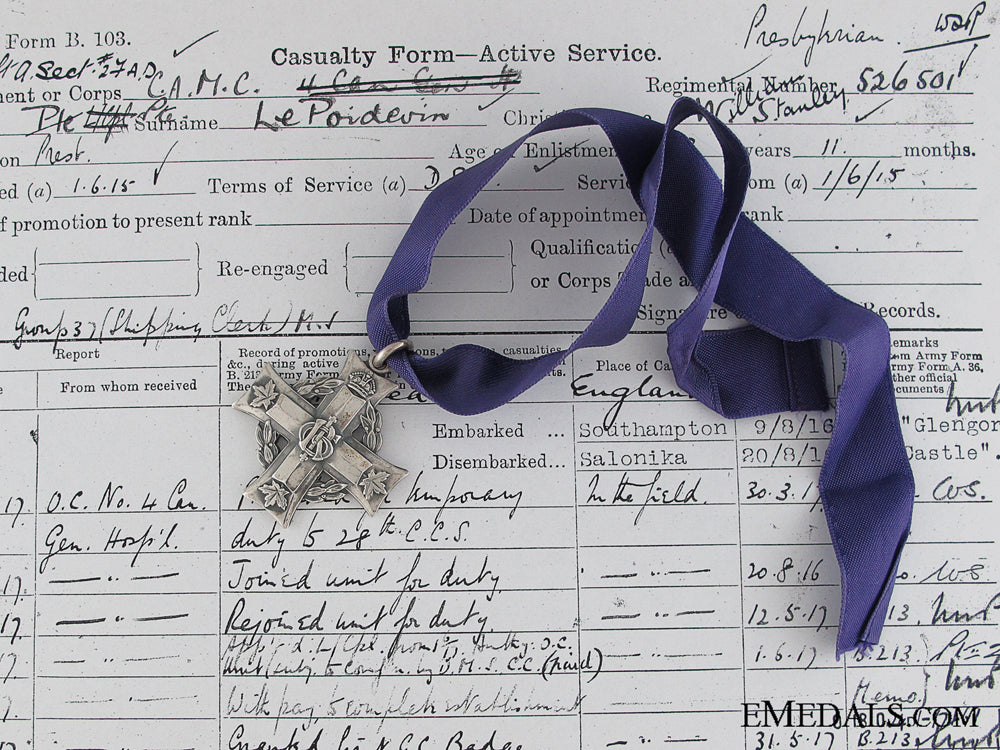
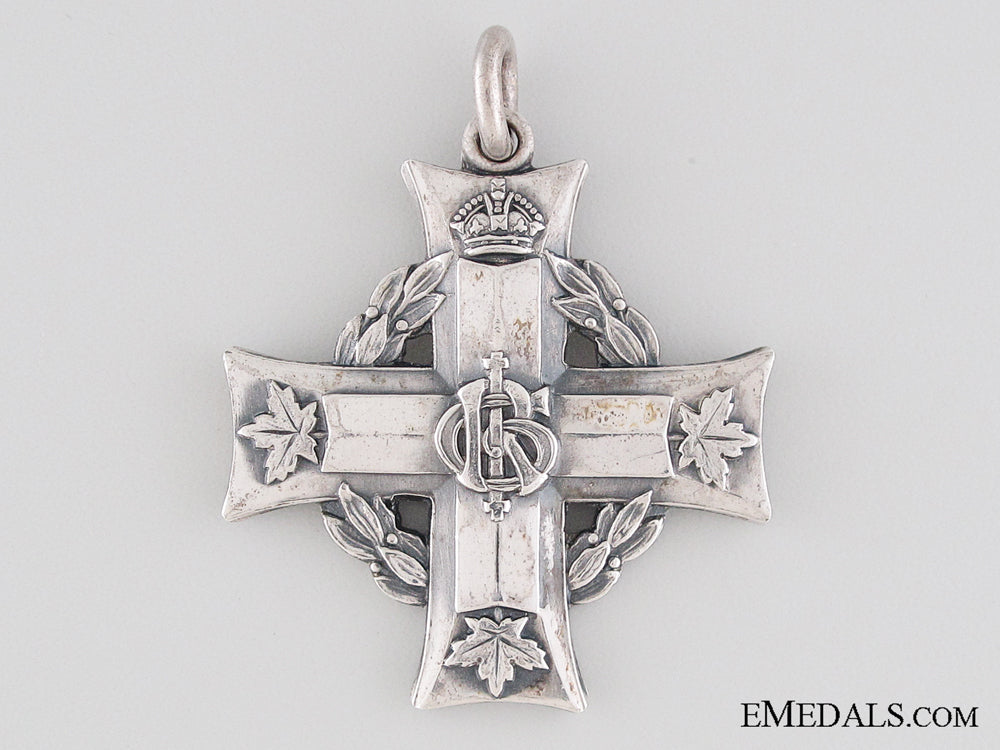
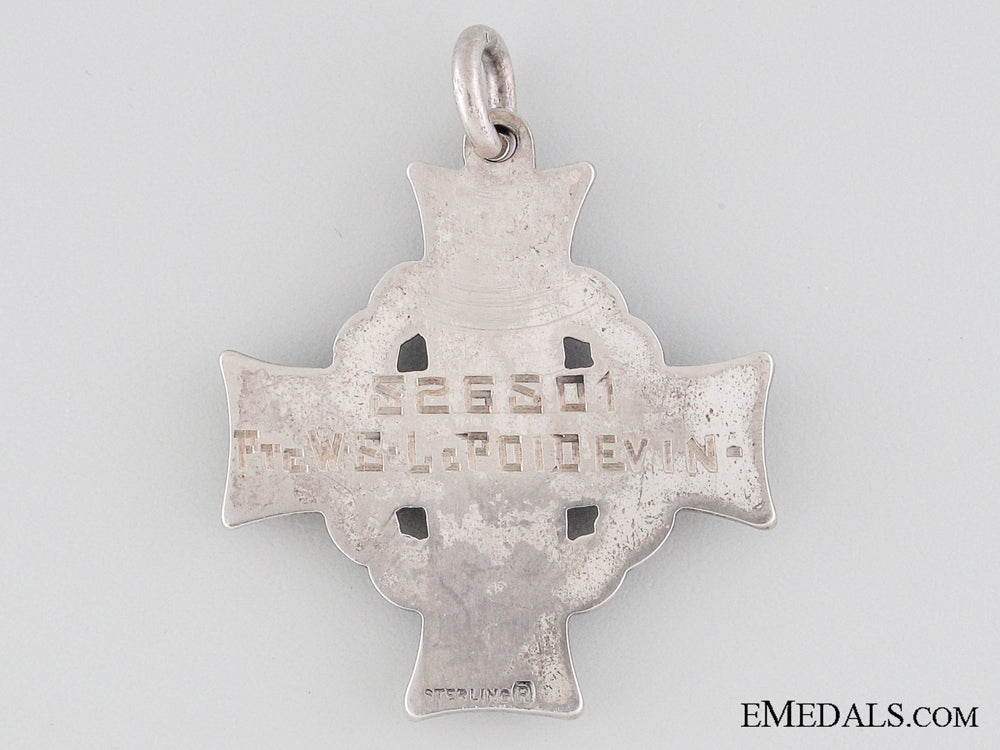
Wwi Memorial Cross - Wounded At Amiens 1918
Wwi Memorial Cross - Wounded At Amiens 1918
SKU: ITEM: C1592
Current Bid:
Your Max Bid:
Bid History:
Time Remaining:
Couldn't load pickup availability
Shipping Details
Shipping Details
eMedals offers rapid domestic and international shipping. Orders received prior to 12:00pm (EST) will be shipped on the same business day.* Orders placed on Canadian Federal holidays will be dispatched the subsequent business day. Courier tracking numbers are provided for all shipments. All items purchased from eMedals can be returned for a full monetary refund or merchandise credit, providing the criteria presented in our Terms & Conditions are met. *Please note that the addition of a COA may impact dispatch time.
Shipping Details
eMedals offers rapid domestic and international shipping. Orders received prior to 12:00pm (EST) will be shipped on the same business day.* Orders placed on Canadian Federal holidays will be dispatched the subsequent business day. Courier tracking numbers are provided for all shipments. All items purchased from eMedals can be returned for a full monetary refund or merchandise credit, providing the criteria presented in our Terms & Conditions are met. *Please note that the addition of a COA may impact dispatch time.
Description
Description
Description

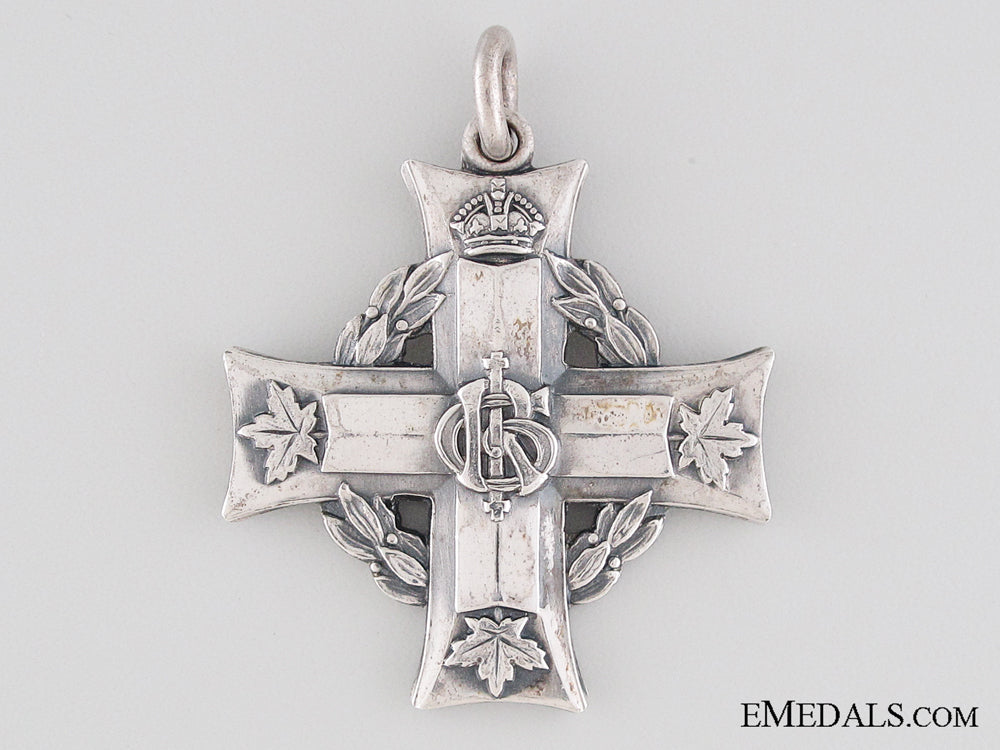
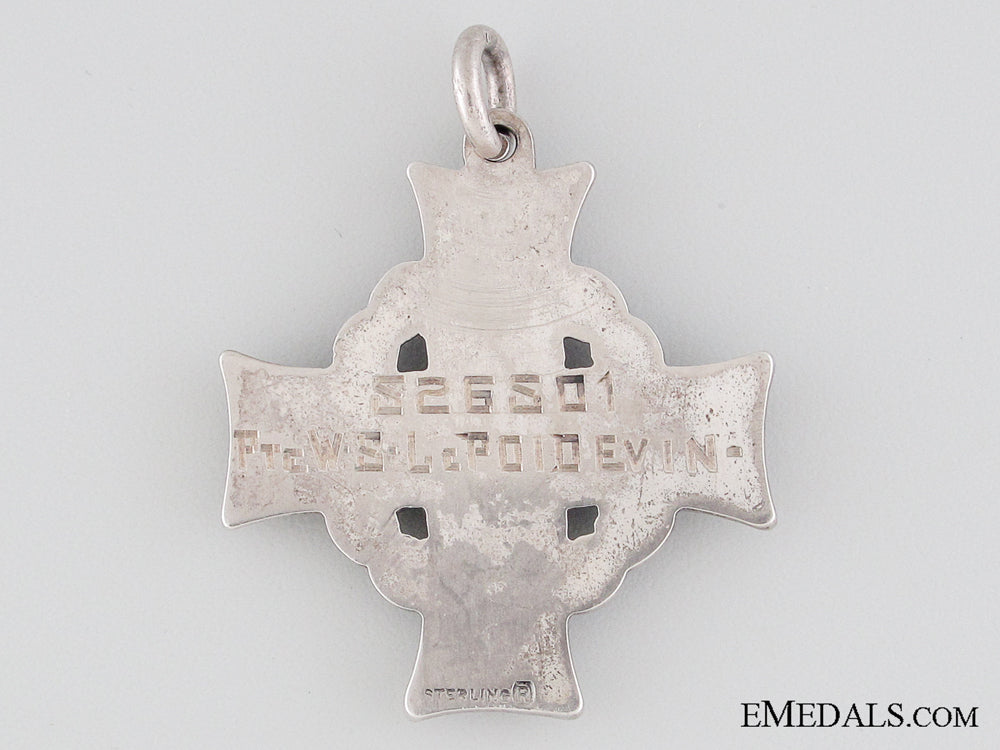
You May Also Like
United Kingdom. An Order of the British Empire, Commander
GB8222
Thailand, Kingdom. An Order of the Crown, Grand Cross, c.1945
W6710
Germany, Feueschutzpolizei. An Em/Nco’s Visor Cap
G48848
Brazil, Kingdom. An Order of Military Merit, Commander
W8368
United States. A Second War Airborne Army Ring
W8367
-
United Kingdom. An Order of the British Empire, Commander
GB8222
Add to CartRegular price $675 USDRegular price $0 USD Sale price $675 USDUnit price / per -
Thailand, Kingdom. An Order of the Crown, Grand Cross, c.1945
W6710
Add to CartRegular price $3,000 USDRegular price $0 USD Sale price $3,000 USDUnit price / per -
Germany, Feueschutzpolizei. An Em/Nco’s Visor Cap
G48848
Add to CartRegular price $340 USDRegular price $0 USD Sale price $340 USDUnit price / per -
Brazil, Kingdom. An Order of Military Merit, Commander
W8368
Add to CartRegular price $320 USDRegular price $0 USD Sale price $320 USDUnit price / per -
United States. A Second War Airborne Army Ring
W8367
Add to CartRegular price $200 USDRegular price $0 USD Sale price $200 USDUnit price / per
Do you have a similar item you are interested in selling?
Please complete the form and our client care representatives will contact you.
Sell Item










